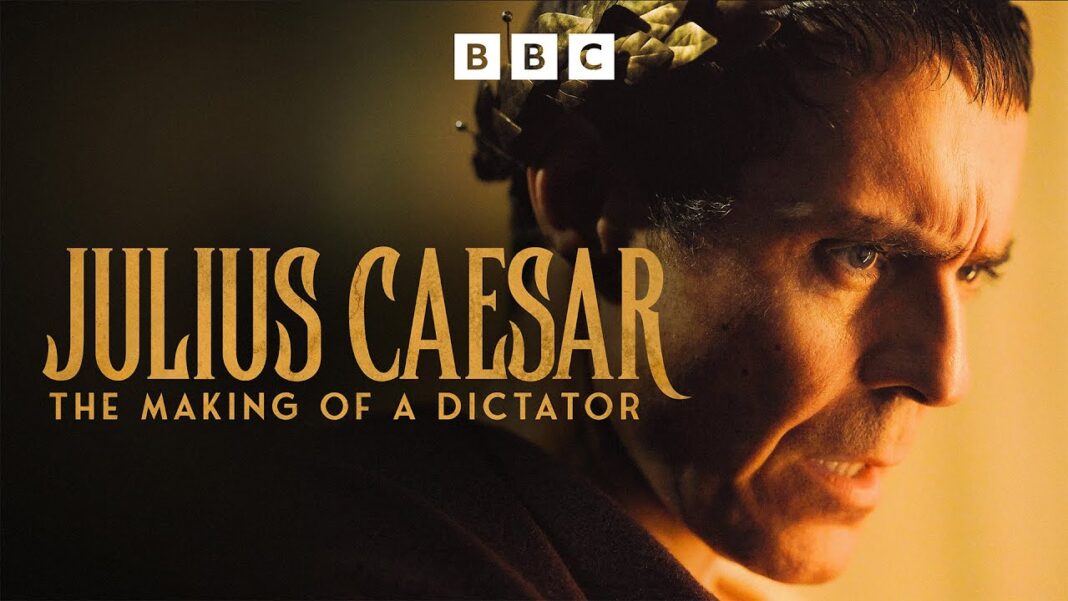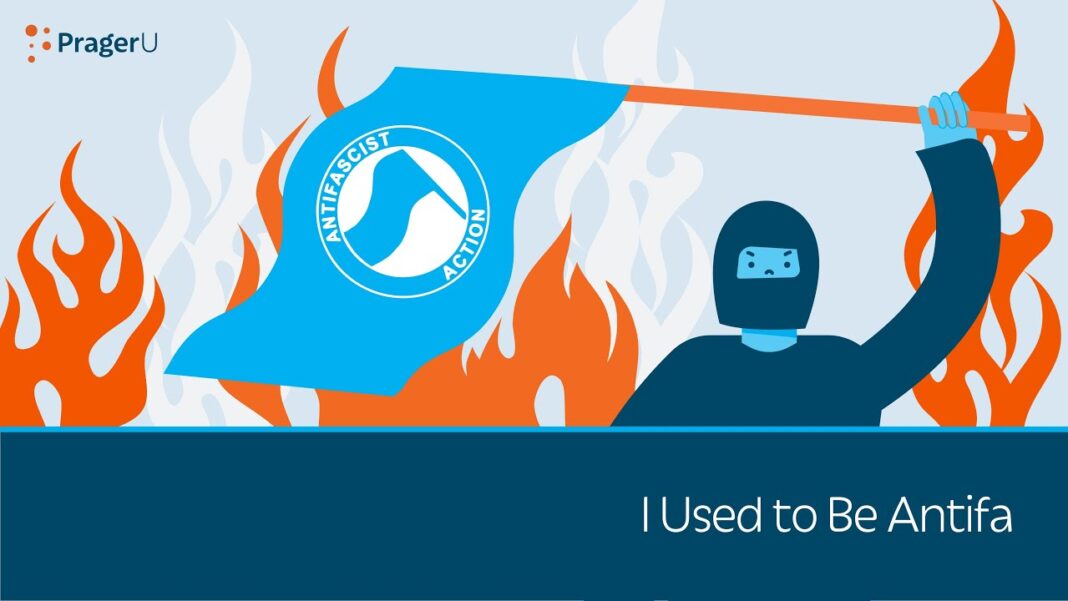The strange case for Caesar
Let’s begin with some context: thousands of years ago, a young and ambitious general named Gaius Julius Caesar became Rome’s dictator. He is massively memorable in our collective imagination because of his great military exploits and his undefeated track record in war. Also, his ability to self-promote by writing his own history.
It is important to note that Julius Caesar wasn’t the first to overthrow democracy in Roman history.
A general by the name of Lucius Cornelius Sulla Felix had managed to do it and then handed back power to the people after avenging himself on his enemies. Gnaeus Pompeius Magnus had also achieved a similar feat and held power during Caesar’s rebellion.In fact, Caesar’s success story is about swapping one dictator for another.
I, a critic of Caesar, will admit he ran things better than the other dictator. I respect that Caesar is a great character; his story is fantastic, his military brilliance obvious, and there is a lot to learn from him.
However, the politics he represents isn’t something to admire. We shouldn’t see him as a blueprint for a savior to the problems we face. This is an idea first championed by the German nationalist Oswald Spengler, who wrote a book in two volumes called The Decline of the West in 1918 and 1922.
It was built on the ancient philosopher Plato’s contempt for democracy and his belief that society went through natural life cycles based on ancient Athenian history.
The idea was that society began as a democracy, became an oligarchy, and then finally became a dictatorship.Spengler built on this using Roman history to suggest a similar pattern: that democracy’s meaning is hijacked by a rich elite and then positively overthrown by a noble dictator who serves the people’s best interest.
The historical analysis is more complex than this, but it is the core of the message. The idea of a world of corruption needing a savior also has a vague Christian narrative to it. Which Spengler uses to present his dictator as the future hero. This view has found modern champions quick to claim it as their own.
which is claimed saves us from a subversion of the system by oligarchy which seeks to promote hedonistic and nihilistic anarchy. Which generally come from oligarchy rule that focuses on wealth enhancement rather than public good . Which creates a void in society of there being no values, only self interest . Mainly because oligarchy neglect any interest beyond profit production in society.
It is, however, essentially a justification for dictatorship.The desire for a Caesar is not something we find openly proclaimed. It is also not something they want . Instead in their mind A Caesar isn’t sought; he’s just inevitable. The elite in the face of this imaginative inevitably leads to a desire to ensure the dictator is in the elite corner and shares their values. Is the view of the elite of both the left and right.
This idea has supporters on both the right and left of politics. The view is that democratic institutions are so corrupt and perverted to serve powerful interests that a hero must be conjured up to take charge, destroying democracy itself to end the problem of corruption and moral decline .
The Failure of “Caesar-Style” Leadership
The difficulty is that this solution just doesn’t work out. The truth of the failure of Caesar’s political approach as a strongman is twofold. Firstly, his rule sowed enmity that would pave the way for his own assassination and later create a divide in Roman society that led to two civil wars.
Caesar-style leadership, while great at mobilizing public support in the short term, always ends up mobilizing mass passionate resistance and eventual great conflict that leads to bloodshed and social destabilization.
It also foolishly depends on a single man without accountability to the people being relied upon by honor alone to represent the people, which eventually always fails, especially if we think of examples of Roman emperors like Nero.
The Democratic Alternative
Democracy, on the other hand, can ensure the people’s voice is heard without such risks. The current administration’s call to “drain the swamp” shows that corruption can be tackled without ending democracy itself . Especially now this desire is no longer confined to just the right.
Even the administration’s most vocal opponent noted the need to end corruption to restore faith in a healthy democracy and to avoid social instability. The democratic system’s reliability is in producing the people’s will with reduced influence from big money and other invested interest in government. Which allows democracy to better represent the people and kill the idea of a Caesar.
Instead let’s allow natural competition in any society of ideas . This is meritocracy in action where the ideas which prove themselves best able to serve the people win out . It also lets us the people wherever we are in the world choose which will shape our fate.








